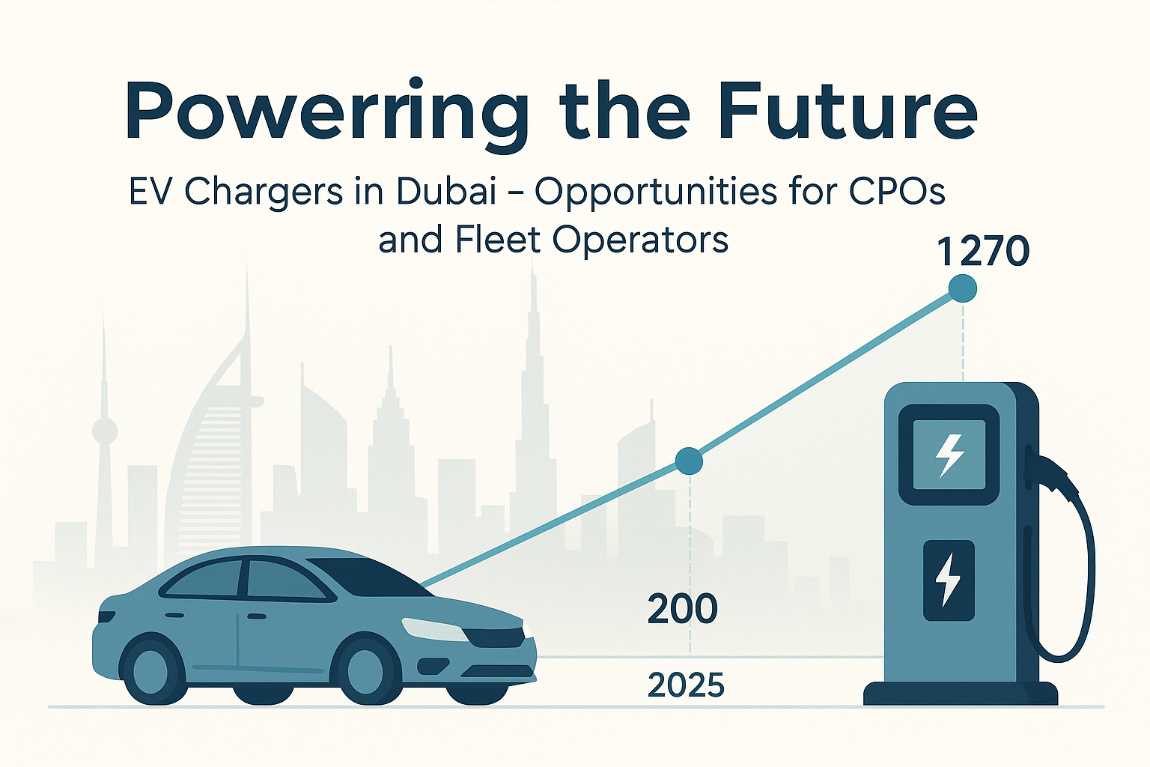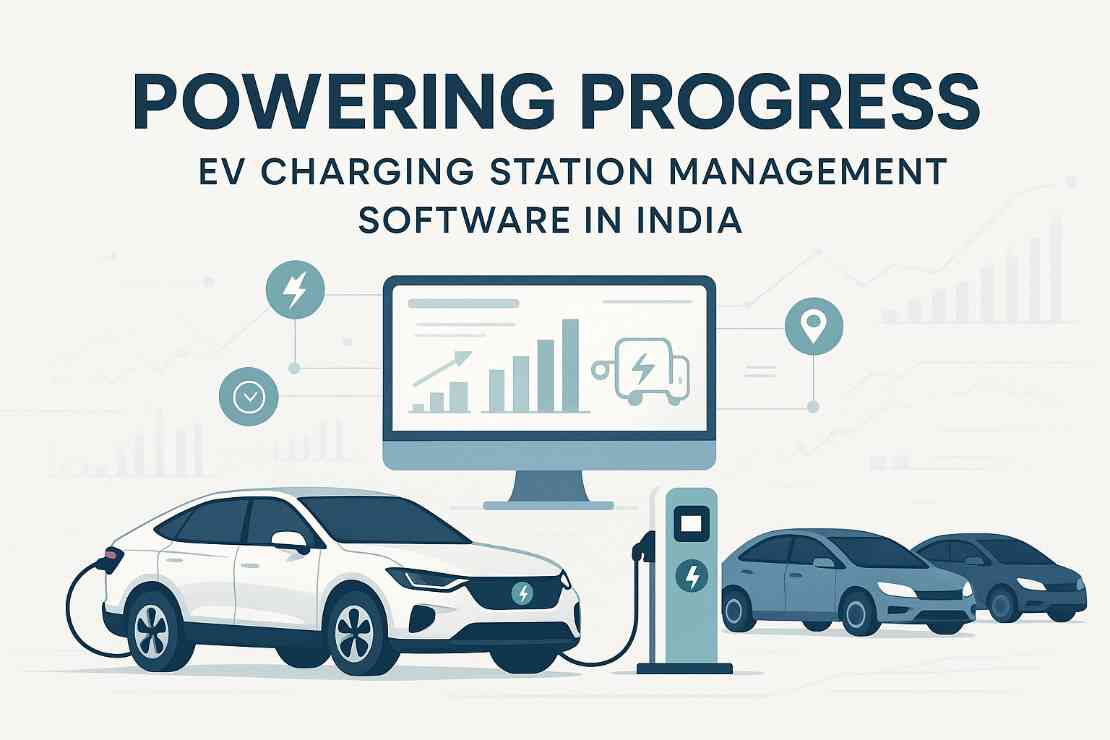Electric vehicle (EV) adoption is accelerating, and with it comes the need for comprehensive EV charging infrastructure. If you're considering setting up a charging station in India, this electric vehicle charging station permitting guidebook is your go-to resource. Here’s everything you need to know about permits, regulations, costs, and government incentives.
Understanding Permits and Regulations
Setting up an EV charging station in India requires navigating a complex web of permits and regulations. This includes securing land, ensuring compliance with local zoning laws, and obtaining a reliable electricity supply that meets the technical standards set by the Bureau of Indian Standards and the Ministry of Power. Additionally, environmental regulations must be adhered to, even if extensive clearances aren't typically required.
Land Use and Zoning Requirements
Securing land is the first step in establishing an EV charging station. Ensure the land complies with local zoning laws, whether you lease or own the property. This electric vehicle charging station permitting guidebook emphasizes the importance of verifying the land’s suitability for commercial use.
Electricity Supply and Technical Standards
Obtaining a reliable electricity supply from the local electricity board is crucial. The supply must meet the technical requirements for the charging equipment you plan to install. The key standards to adhere to are set by the Bureau of Indian Standards (BIS) and the Ministry of Power. For basic needs, Bharat Chargers are recommended, while high-voltage vehicles require CCS-2 or CHAdeMO standards. The BIS standards, including IS 17017, outline the requirements for both AC and DC charging stations, ensuring safety and compatibility with various EV models.
Environmental Clearances
While extensive environmental clearances aren't typically required, your installation must comply with local environmental regulations, including waste management during installation and operation. This ensures that the charging station does not negatively impact the local environment.
Navigating Tariff and Revenue Models
Adhering to tariff regulations set by the Central and State Electricity Regulatory Commissions is essential for setting up an EV charging station. These regulations dictate the pricing structure for electricity used in public charging. Exploring various revenue models, such as pay-per-use, subscription-based services, and partnerships with fleet operators, can enhance the profitability and sustainability of your charging station.
Tariff Regulations
Charging stations must comply with tariffs set by the Central Electricity Regulatory Commission (CERC) and respective State Electricity Regulatory Commissions (SERCs). These regulations dictate the pricing structure for electricity used in public charging.
Revenue Models for Sustainability
Consider various revenue models to enhance profitability. Pay-per-use, subscription-based services, and partnerships with fleet operators are viable options. Here, the electric vehicle charging station permitting guidebook highlights that charging fees can range from ₹10-20 per kWh.
Also Read: EV Business Opportunities and Models in India
Government Incentives and Support
The Indian government provides significant incentives and support to promote EV infrastructure. The FAME India Scheme offers subsidies to reduce capital costs, while the National Electric Mobility Mission Plan (NEMMP) supports infrastructure development and technology for EVs. Reduced GST rates on chargers and public-private partnerships further stimulate private investment in EV charging infrastructure.
FAME India Scheme
The FAME India Scheme provides subsidies and incentives to reduce capital costs and promote early adoption. This scheme is a key highlight of the electric vehicle charging station permitting guidebook. It aims to boost the deployment of EV charging stations across India by offering financial support to operators.
National Electric Mobility Mission Plan (NEMMP)
The NEMMP supports the development of necessary infrastructure and technology for EVs. The plan includes reduced GST on chargers and EV charging stations and public-private partnerships to stimulate private investment in EV infrastructure.
Cost Estimates and Financial Considerations
Setting up a public EV charging station involves various financial considerations. Initial setup costs can range from ₹5 lakhs to ₹10 lakhs or more, depending on location, equipment, and infrastructure requirements. Additional expenses such as land lease, installation, and maintenance can add several lakhs more to the budget. Understanding these costs is crucial for planning a sustainable and profitable charging station.
Setup Cost
The cost of setting up a public EV charging station varies based on location, equipment, installation, and infrastructure requirements. On average, costs range from ₹5 lakhs to ₹10 lakhs or more, covering equipment, installation, permits, and initial setup.
Detailed Breakdown of Costs
- Land Lease: Expenses for leasing the land, which can vary greatly based on location.
- Installation Costs: Costs for installing chargers, electrical connections, and other necessary infrastructure.
- Maintenance: Ongoing maintenance costs to ensure the charging station remains operational and safe. These additional expenses can potentially add several lakhs more to the budget.
Also Read: Cost and Setup Process for EV Charging Stations in India
Infrastructure and Technical Requirements
Adequate infrastructure and compliance with technical standards are vital for establishing an EV charging station. This includes securing a sufficient electrical supply, ensuring enough parking space, and adhering to Bharat Standards (AC001, DC001) and international standards like CCS and CHAdeMO. Safety standards are also essential to protect both equipment and users from electrical hazards.
Infrastructure Needs
Adequate electrical supply, sufficient parking space, and a safe, accessible location are essential infrastructure requirements for setting up an EV charging station. This electric vehicle charging station permitting guidebook ensures you have all the necessary infrastructure details.
Compliance with Standards
Your charging station must comply with Bharat Standards (AC001, DC001) and international standards like CCS and CHAdeMO for compatibility with a wide range of EVs. Safety standards are also critical to protect equipment and users from electrical hazards.
Conclusion
Setting up an EV charging station in India involves navigating various permits, regulations, and financial considerations. This electric vehicle charging station permitting guidebook provides a comprehensive overview of what you need to know, from securing land and obtaining electricity to understanding government incentives and estimating setup costs. By following these guidelines, you can establish a successful and compliant EV charging station.
For more detailed information and tailored solutions, visit Pulse Energy - a leader in EV charging infrastructure. Our expertise can simplify the setup process, ensuring your charging station meets all regulatory requirements and operates efficiently.








